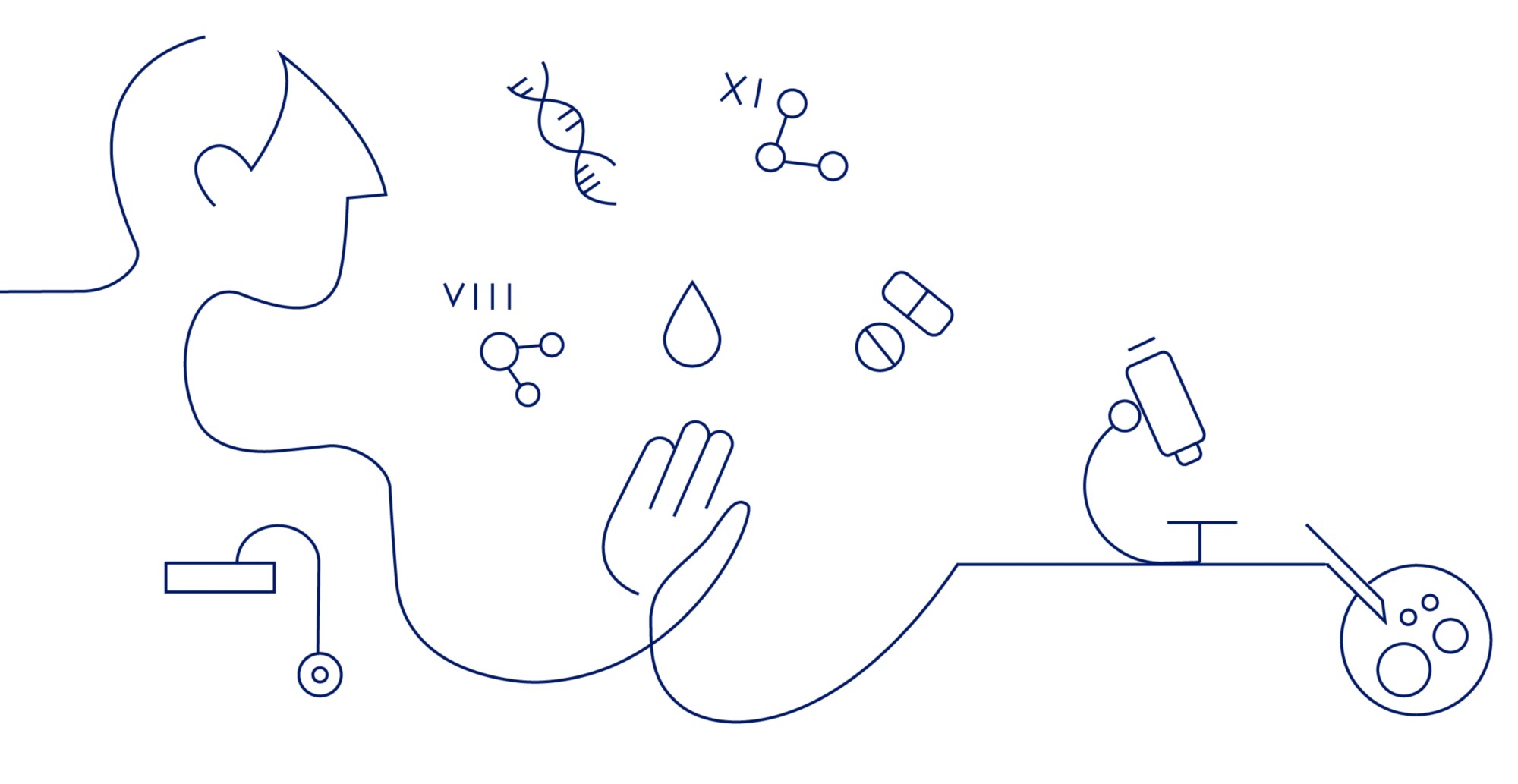For most people, growth hormone is produced naturally by the pituitary gland in the brain. As the name suggests, growth hormone helps us grow as children and affects our height. It also has many other important functions in the body, such as:
- Growing strong and healthy bones
- Regulating the body’s metabolism, specifically the balance between lean muscle and fat
- Developing and maintaining the body's organs
- General well-being and energy levels
There are many possible reasons why a child may seem to be growing
more slowly than their peers or siblings. Some are entirely harmless
and do not affect the child’s health. For example, some children
simply grow at a different rate from others and will eventually catch
up as they get older.
However, there are other, more serious reasons why a child might not be growing as they should. These reasons can range from poor nutrition to certain medical conditions, such as kidney or liver disease. Or, their body might not produce enough growth hormone to help them grow.
If a child is not growing as they should, early detection of the cause is important. Timely treatment can help avoid a medical condition slowing or stopping their growth.
Meet 10-year-old James – living with growth hormone deficiency – and his mother, Nathalie.
A very healthy baby at birth, James and his twin sister were growing well for their first nine months. At that age, Nathalie noticed that James was not growing as he possibly should, and she took him to an endocrinologist.
In this video, they’ll tell you about life with a growth disorder, and why it’s important to detect growth problems as early as possible.

Growth hormone therapy (GHT) is a hormone replacement therapy. As a protein, it needs to be injected subcutaneously.
GHT is normally used to treat children with delayed or halted growth due to an underlying medical condition. It can also treat adults affected by growth hormone deficiency.
Improved device design has made a big difference for children who
need growth hormone injections. Today, there are pens with many
different useful features to choose from. Find
out more about our pens.
We began pioneering advances in growth hormone therapeutics over 30 years ago. Three decades later, our growth disorder treatments are still helping people around the world.
Driven to bring innovative solutions to patients, our scientists have applied our expertise in proteins to develop a long-acting growth hormone that only needs to be applied once a week.
